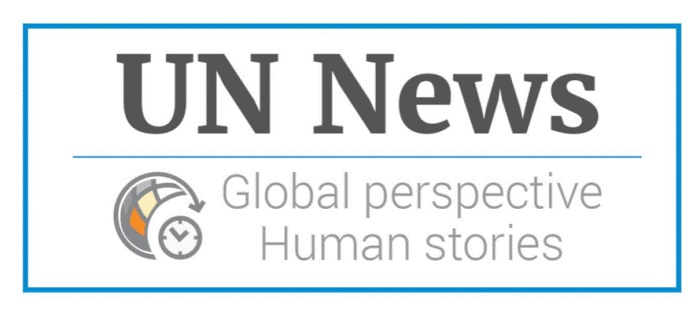Sudan crisis drives thousands into Abyei, closes down supply routes for UN mission

Visit UN News for more.
Advertisement
ALSO READ
Crackdown on Pakistani Journalists: A Brewing Storm
India's Push for Repatriation: Fishermen in Pakistani Custody
Pakistani Court Extends Bail for Imran Khan and Bushra Bibi in Toshakhana 2.0 Case
US Imposes Sanctions on Pakistani Ballistic Missile Program Backers
U.S. Imposes Visa Restrictions Amid South Sudan Conflict










